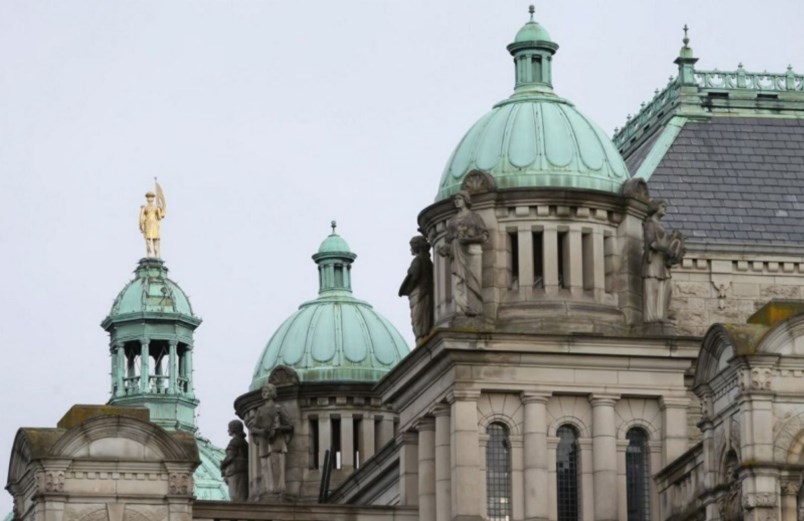Before COVID-19, British Columbia was in a decent financial state.
The province’s operational budget was balanced, even though high capital spending was deepening the debt.
Politicians were taking balanced budget law seriously. That key legislation included fines for cabinet ministers who don’t keep their departments under budget, so they all stayed on the straight and narrow. The 2020-21 budget originally showed the operating budget was balanced with a debt of about $87 billion.
Then the pandemic came, balanced budget legislation went out the window and the province’s finances took a turn for the worse.
Now, B.C. is on track to be $127 billion in debt by 2023-24. The interest payments on the annual debt cost $2.8 billion per year. That money could pay for the salaries of 4,600 new paramedics for 10 years.
Instead of employing more emergency frontline health-care workers, that money is flowing to bond fund managers on Bay Street in Toronto.
The government needs to move quickly to slow that flood of wasted money and keep more of those tax dollars in B.C.
It’s time to focus on five key goals as we look forward to the next budget: balance the books as soon as possible; open ICBC to competition; scrap corporate welfare; cancel the employer health tax; and review spending to find savings.
That’s why the first priority should be getting the budget balanced within four years. S&P Global downgraded the province’s credit in the summer because of the high deficit spending.
Second, the government should open ICBC up to competition. ICBC was a “financial dumpster fire” for years. It’s now been partially doused largely because many people stayed off the roads during the opening months of the COVID crisis. But balancing the books on the back of a global pandemic isn’t a stable business model for the future. The government will never have a better opportunity to step away from ICBC.
As former finance minister Carole James said in November of 2018: “The situation of ICBC continues to pose a risk to B.C.’s financial health.”
By changing ICBC to a co-op and opening it up to competition, the province can remove ICBC from its balance sheet and it won’t pose a risk to B.C.’s financial health anymore.
Thirdly, the B.C. government should scrap corporate welfare. Every government thinks it’s going to be a shrewd investment banker while playing with taxpayers’ money, but it always results in embarrassing waste.
The province of Quebec, for example, is doling out $30 million to a zeppelin company – the flying airships similar to the Hindenburg – to transport supplies in the province’s northern region. Unfortunately, the “Flying Whales” aircraft use water as a ballast and the inventors hadn’t realized the water will freeze during Quebec’s winters.
If our province wants to attract investment and help entrepreneurs, it should instead consider dropping the small business tax rate down to 1.5 per cent to give us an edge over other provinces.
Fourth, the province should eliminate the Employer Health Tax. The government takes $2 billion away from job creators every year in this tax. Once a payroll hits $500,000 per year, a notched tax rate kicks in. This discourages businesses from hiring on more people so they can stay under the payroll cap and it punishes employers for giving their workers raises.
Lastly, Victoria needs to separate needs from wants.
If the province can find 15 per cent savings in most departments and ministers offices, they would save $3.4 billion per year.
The premier’s office, for example, shouldn’t be boosting its budget by $4 million. The staff managed to keep the lights on with $11 million in 2018 and they don’t need to spend more.
If the government commits to balancing the budget within four years and to being prudent with every taxpayer dollar, it will go a long way toward returning the province to a strong financial position.
Kris Sims is the B.C. Director for the Canadian Taxpayers Federation.



